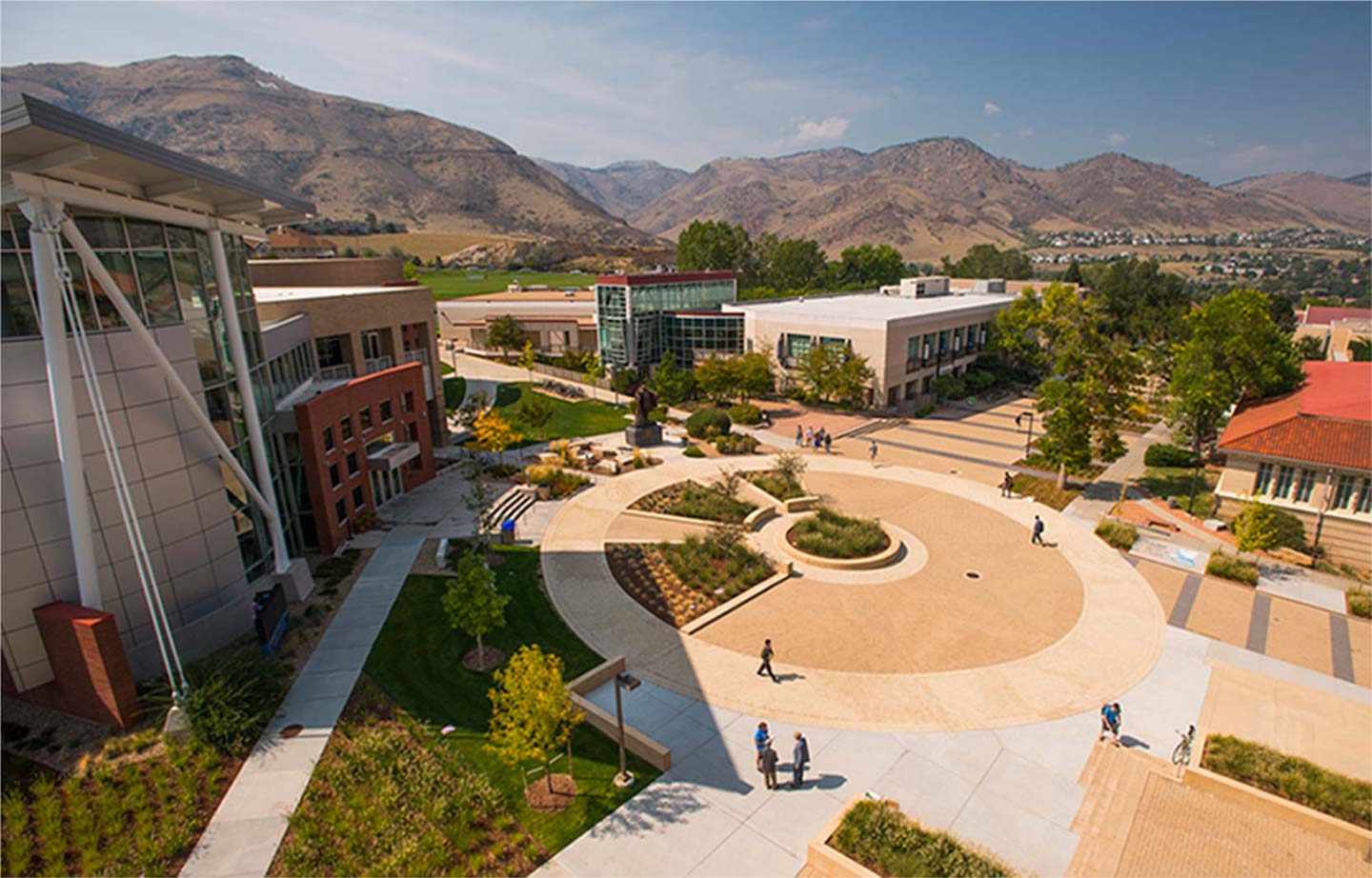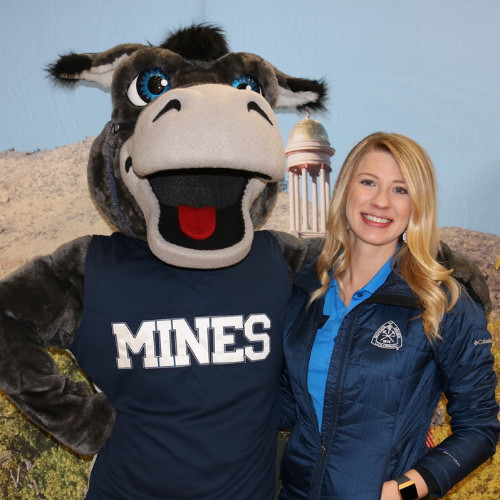
Last issue, we heard from application reader and admissions counselor Amanda Rodriguez about what she experiences recruiting and selecting students for a small, public STEM school. To catch up from the first section of our interview with Mines, click here.
Today, we continue our conversation with Amanda and learn what she thinks are the secrets to college admissions.

Exclusive Insider Interview: Colorado School of Mines, Admissions Counselor and Application Reader (Part 2)
SocratesPost: “Do you believe there are any secrets to the college admissions process? And if so, what are they?”
As I mentioned before, we’re recruiting and we’re reading applications so it’s very easy for us to sit down with a family and talk to them realistically about what their odds are when they’re looking at Mines. I think people know that Mines is a very prestigious STEM school but if you look at our acceptance rates they’re actually quite high compared to an MIT or Stanford or Caltech or something like that. Our acceptance rate this past cycle was about 49%, so students who are academically qualified and who have other qualities that we’re looking for — teamwork, leadership skills (are they well-rounded students?), and they applied early — chances are they’re going to get in. We’re mainly just looking to see if a student is prepared to be successful here and Mines is harder than just a large state school.
We rank number one in the state of Colorado for an engineering degree so we do have some higher standards than other universities, but it doesn’t necessarily mean that a student who is qualified to be here applies and wouldn’t get in. Really, a lot of times, it comes down to the timing factor with rolling admissions but there are other factors that go into the decision.”
SocratesPost: “What are some other factors that you talked about during the admissions or decision making process that students don’t know about? Because we know definitely you’re looking at their performance academically and you’re looking at what we talked about earlier, their ability to innovate and initiate projects — are there any other decision making factors that someone wouldn’t know when they’re applying for the first time?”
We’re looking at students’ leadership skills, we’re looking at their work histories, if they’re innovators, if they show interest in Mines rather than just going to our website, sending an application and that’s it but have never communicated with us at any point and never been on campus, never looked at our website, never read any of the emails that we send them. Those kind of students are hard to gauge whether they’re truly interested or not, so a student could have the exact same academic and other qualifications as another student but maybe the student who has updated us their senior year and said “Hey, this is what’s going my senior year. I’m still very interested in Mines and I’m anxiously awaiting my decision. I plan to come visit campus if I get admitted” — we’re going to know more about that student and about their interest level than a student who never says anything at all.”
SocratesPost: “It sounds like the student taking the initiative to engage with you guys and keep you on the loop maintaining that relationship is something you take note of.”
SocratesPost: “That’s a great tip if someone has Mines as their first choice college. They should already be wanting to talk to you and engage with your team, visiting campus, getting to know maybe some of the current students. It’s something that students don’t think about all the time because they’re so focused on packaging their resume and writing that essay, but that engagement aspect is a really good insight that you have there.
So, we’ll move on to the next question. Some students are just checking boxes that they’ve been told by their parents or teachers to check-off, which is “have this grade, this type of extracurricular activity, and this type of essay and you’re a shoo-in.” How do students stop just checking the boxes and actually prove that they’re pursuing their passion?”
SocratesPost: “Having the ability to put it on paper and also to talk about it in person with you guys is important for your applicants.”
SocratesPost: “Looking into the future, you guys have a modern way of looking at admissions. Some universities and colleges are changing up their admissions criteria, some are making standardized testing optional, some are making the process more personalized and less numbers based. Is Mines doing anything like that? And what are your thoughts about the college admissions landscape in general in the country moving forward?”
SocratesPost: “The theme that I’m learning about Mines is the long-term relationship from the recruiting side to the reading of applications, from helping integrate the students into campus to even guiding the students who weren’t admitted. You’re looking at how can they optimize their potential and to eventually come to Mines even if they’re not starting their first year there.
One thing you talked about is some students are just not a good fit for Mines and I wanted to know, what type of applicant is a straight up no? They can’t even have the opportunity to transfer just because you don’t think they’ll ever fit in the university.”
SocratesPost: “Some students feel this pressure when they’re in 11th or 12th grade they should have already had experience in what they want to study. For example, if they want to become an aerospace engineer, they would’ve interned at an aerospace company. But what about students who figure out later on in their high school career that they want to give engineering a shot? They have no experience in it because they figured it out so late. How do you treat applicants like that?”
SocratesPost: “What is your best piece of advice for a high school applicant hoping for a spot at Mines?”

